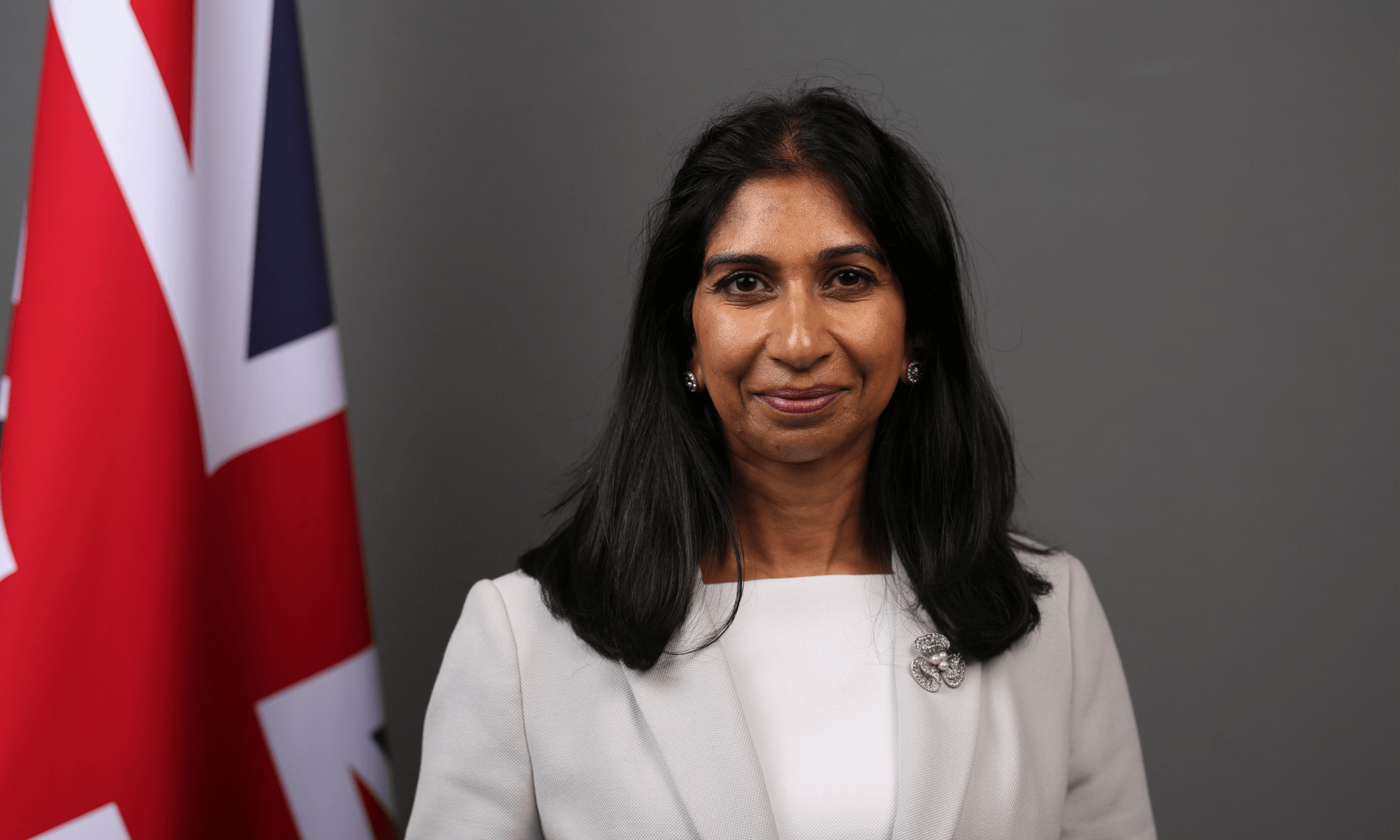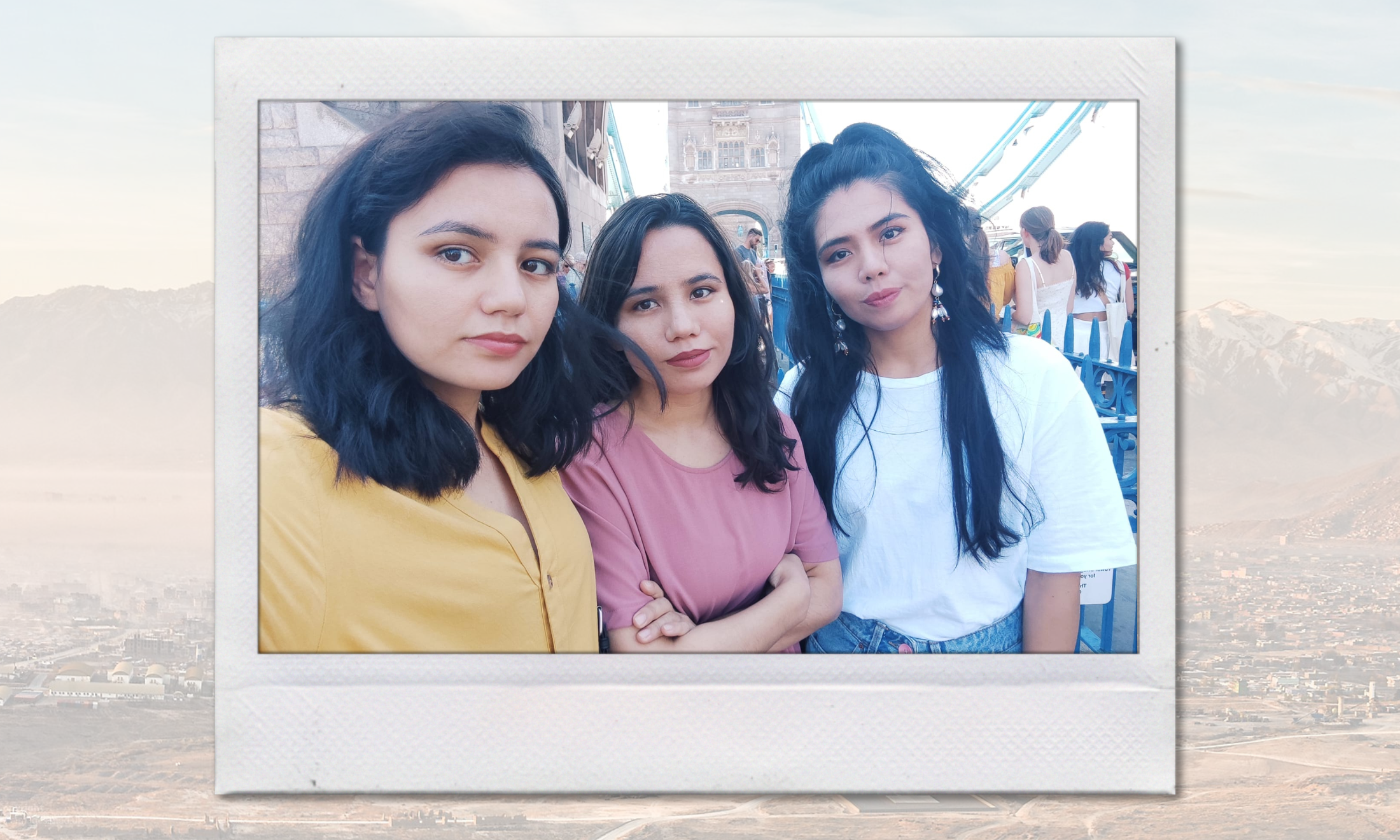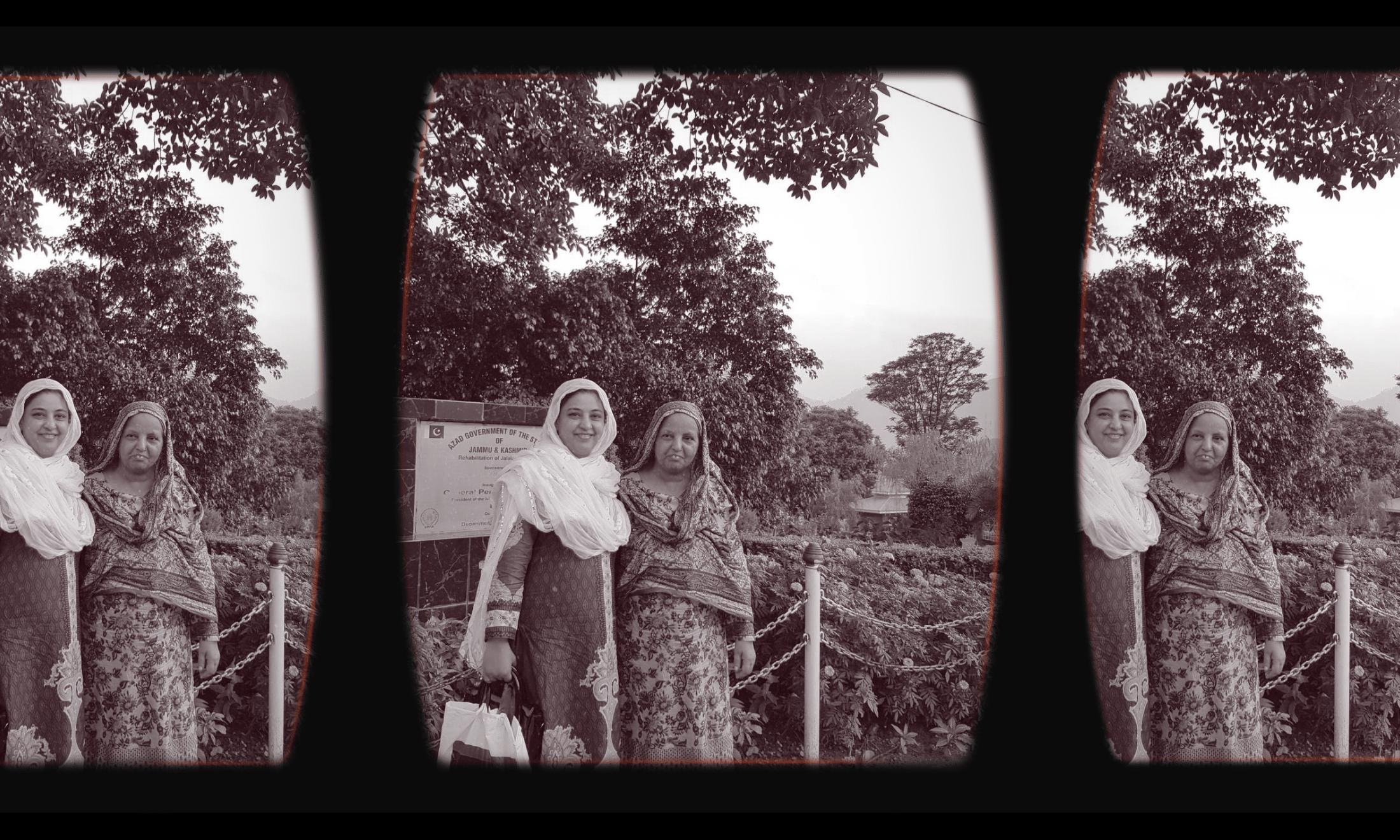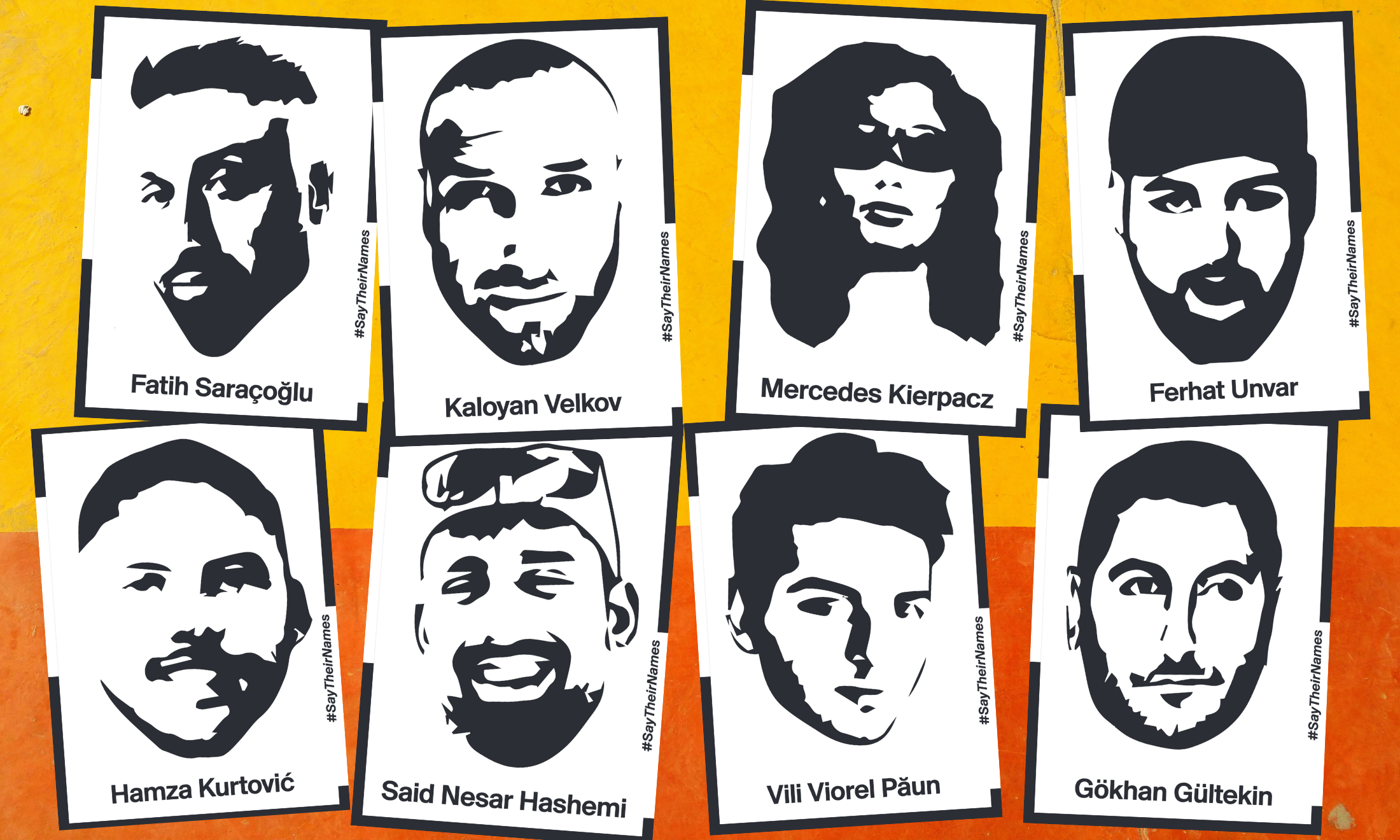My baba’s love affair with the Home Office
My Baba, Britishness and lost holidays – a hunt for home amidst a 20 year fight for citizenship.
Rojbin Arjen Yigit and Editors
13 Dec 2021
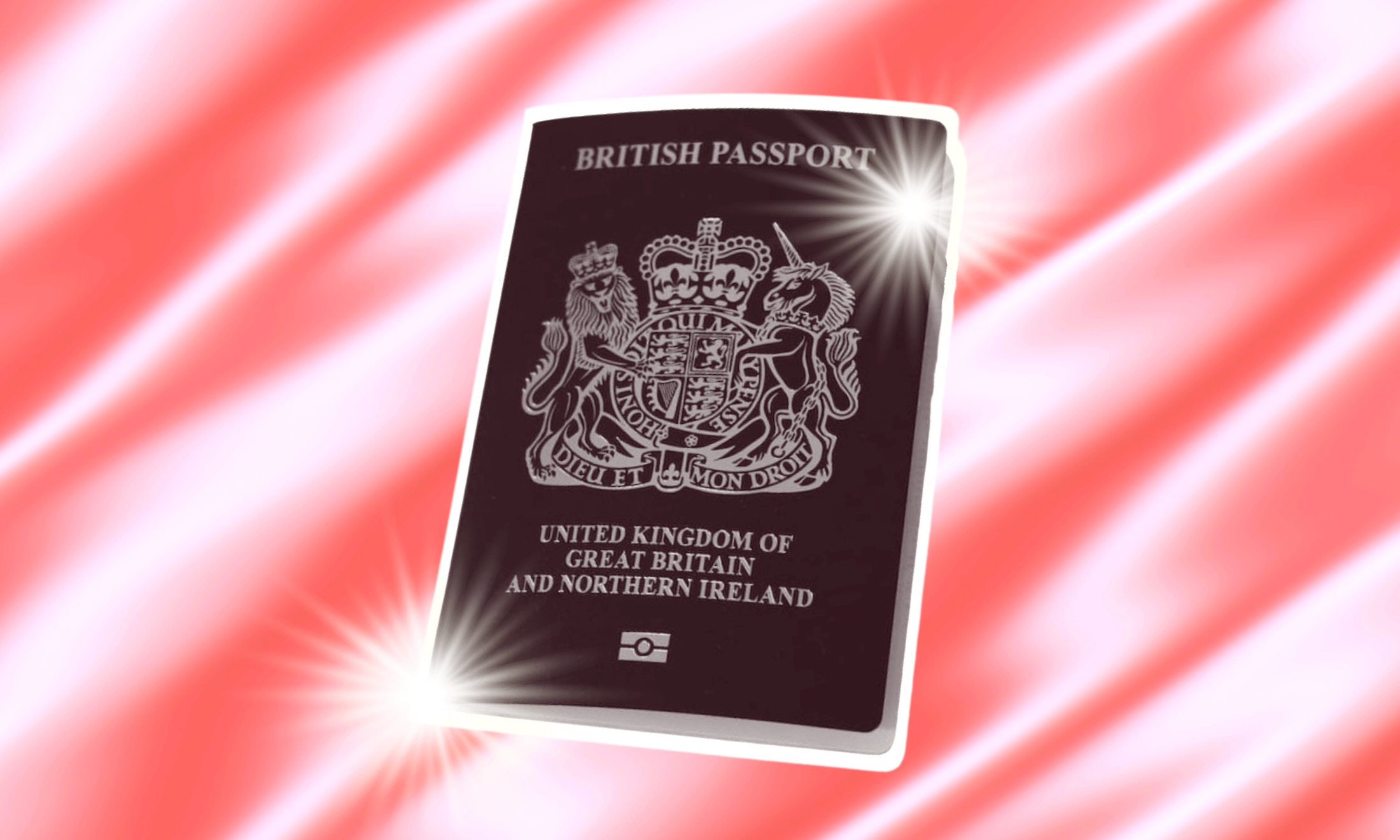
Canva
My dad sought political asylum in the UK in 2001. After refusing to give up his relentless pursuits for political freedom in Turkey, he was consequently threatened with persecution from the Turkish government because of his Kurdish identity. After poring over pages of official documents, court hearings, lawyers, police interviews, on 16 May 2021, he was finally granted his British citizenship. And on 30 September he held his navy blue passport in his hands.
My family and I felt a surge of emotions as we tried to navigate this newfound ‘freedom’ in the passport. Our joy, however, was cut short as we found out earlier this month about the alteration of The Nationality and Borders Bill. The message is loud and clear: you are temporary – especially if you are Muslim and a person of colour. The Home Office declared that “British citizenship is a privilege, not a right,” highlighting how, rather than giving people the permission to self-identify as ‘British’ citizens if they have lived in the country for a number of years, the new approach to immigration is one of tolerance. This of course sits at the core of many immigrants’ fears: not belonging.
“The new approach to immigration is one of tolerance”
But back to the passport. The absence of this single document stole 20 years of my father’s life and in turn, all 18 of mine. Now that it’s in his possession, I wonder why this should have been the case in the first place.
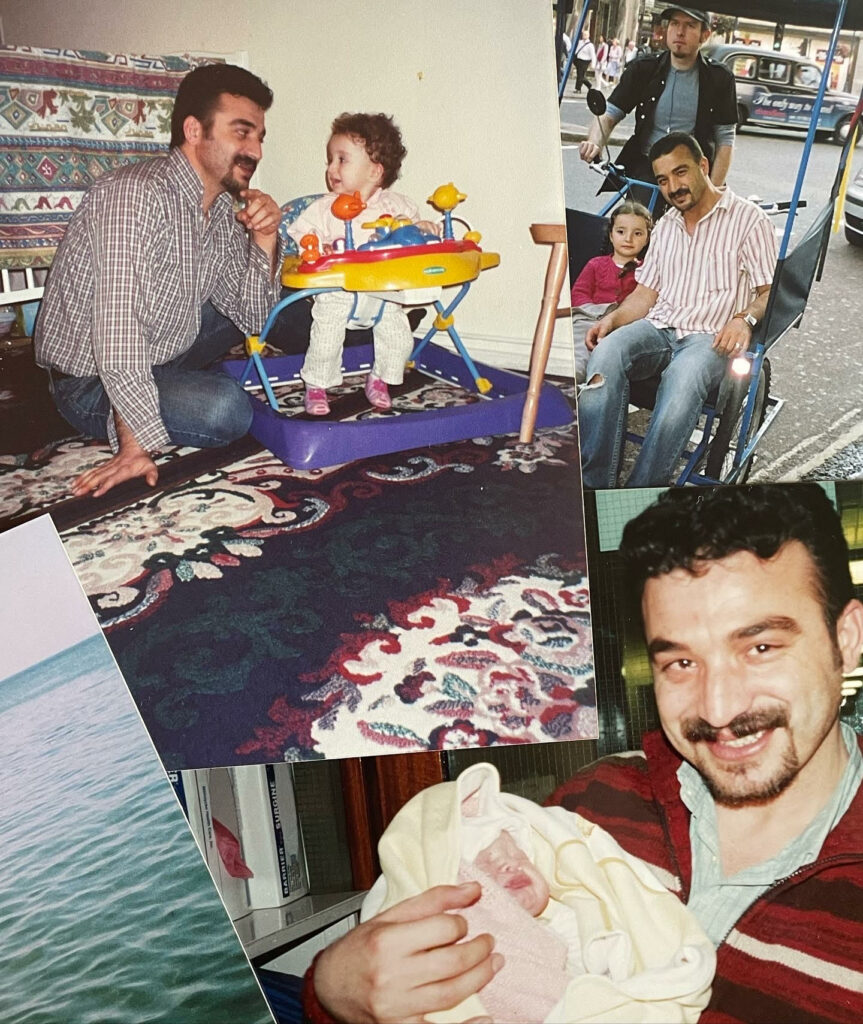
We have never been abroad as a whole family; my dad would always have to stay behind. When I was younger, my mum and I would often go on holiday during the long summers. I have vivid memories from when we’d have to leave my dad at the gates and go through security. Swept up in the sun and sand I would soon forget, but a slip of tongue would mean I’d call my friends’ dads “dad” at the beach. This would be followed by embarrassed crying and endless consolation from my mum.
One of my grandmother’s favourite anecdotes to tell is when I faked a broken arm. Aged six, halfway into our summer holiday, I ran into the house in utter hysterics screaming for my Baba (dad). I didn’t let anyone touch my arm, and insisted we went to the hospital immediately. My mum, anxious as ever, hurried me to the local A&E. Sobbing and snotty-nosed, I had nearly convinced an army of doctors that my arm was indeed broken. The way to fix it? Get the doctors to give my dad a passport so that he could take care of my broken arm. My mum quickly caught the scent of my lie. My ingenious plan crumbled at the site of the X-ray machine. Seeing the robotic, grey gadget sent me into a frenzy. I began waving my arm around, spinning it 360 from my shoulder socket. My mum was hugely impressed by my elaborate plan, but not so pleased by the bill she had to pay for the private healthcare.
“The absence of that passport stole so many holidays, memories and laughter from me and my dad”
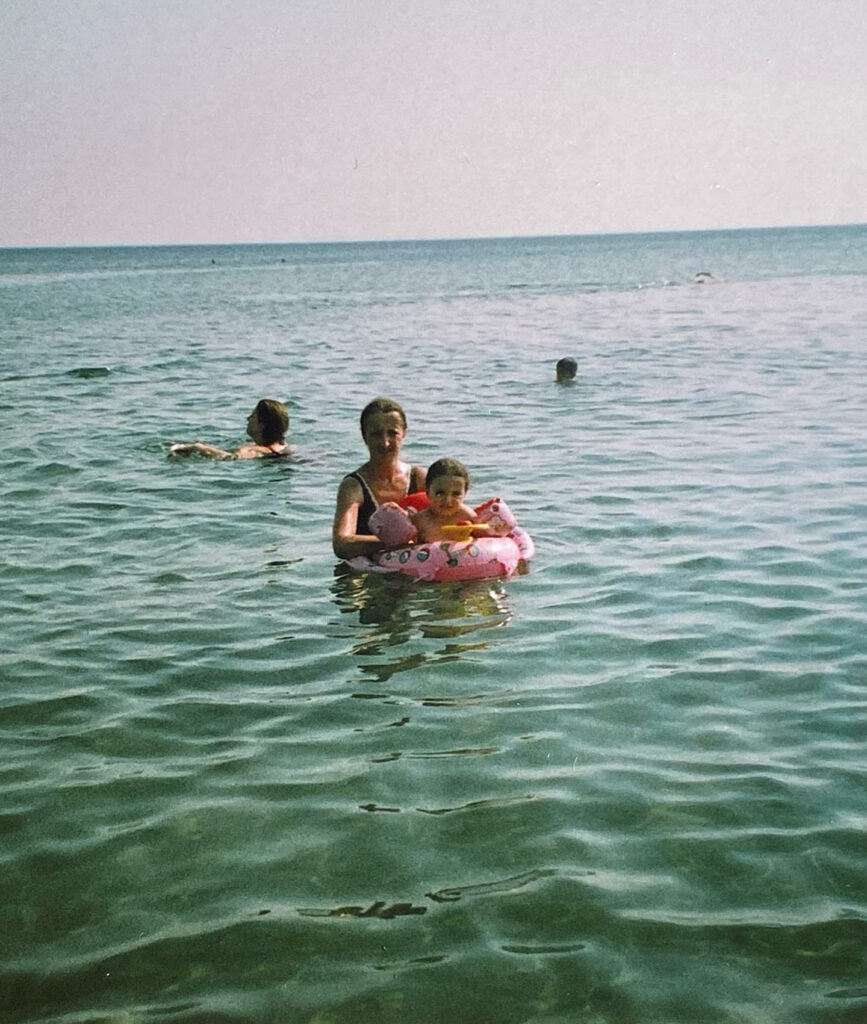
After the broken arm incident, I could no longer fool my mum, but this didn’t stop me. On countless occasions, I used to trap and bribe any male relative who came to visit, offering my loose change in exchange for their passports. Years later, these stories are fed to relatives as funny momentos, but each time I am reminded of my childish, chaotic desperation, something inside me snaps a bit.
With my father receiving his British citizenship, a struggle that lasted nearly two decades has finally reached an end. The absence of that passport stole so many holidays, memories and laughter from me and my dad. He hasn’t gone home to Halfeti for nearly two decades. For years we fantasised about voting in the elections together, so that his permanence would never be questioned again. I imagined the rushing heat of holiday air across my face and with my Baba right there. My heart swells at the fact that after all this time, these things are now a possibility.
“For years we fantasised about voting in the elections together, so that his permanence would never be questioned again”
Yes, the safety that Britain has granted us, given the experiences we would’ve been subject to had my family not left Turkey, is huge. There still is major hostility towards Kurds living in Turkey today, with many of our politicians having been imprisoned. In 2016 this included Selahatin Demirtaş the co-leader of the HDP (The Democratic Party). The authorities detained him for failure to co-operate with a counter-terrorism investigation, which Demirtaş vowed to boycott in June. And so in Turkey, Kurdish people are left vulnerable in the hands of the state. Nationalist hysteria is on the rise in the country. Unfortunately, the situation hasn’t improved much since my dad left Turkey and began his asylum journey. Now, more than ever, the precariousness of Kurdish lives is strikingly illustrated in the banning of our language and the criminalisation of our music. The criminalisation of such things lead to our Kurdish identity not just being barred, but most importantly – denied.
However, it is important to assess the cost my family pays to live in the UK. Immigrants have continually been accused of being ‘ungrateful leeches’, ‘a constant security risk’ while also being an ‘existential threat to British values’. For years, my father and I internalised these ideas.
The nagging thought that my father was merely a temporary commodity in the eyes of this country is a pain that will take a long time to heal. A lifetime of being ‘tolerated’, profiled at security checks, having his accent mocked and identity questioned. Now that we’ve seen citizenships be revoked, I fear these things will remain indefinitely.


